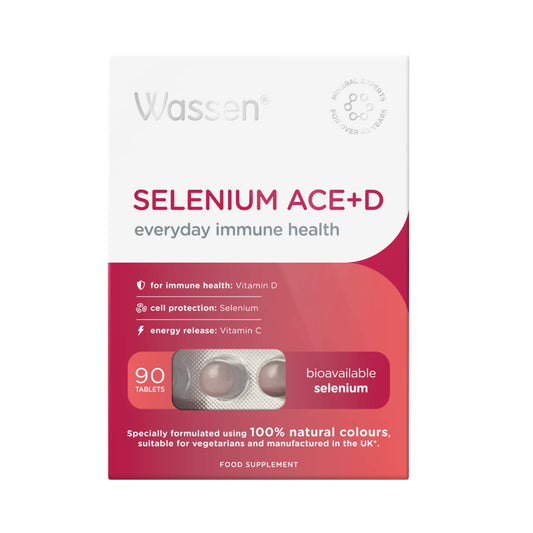1. Reduce Toxins - such as smoking (3) and alcohol (2). The immune system is a highly evolved series of defences against external organisms and internal toxins and is a system constantly on red alert. By overloading it with unnecessary environmental toxins you can put additional strain on immune health that may lead to poor immune function.
2. Increase exercise which helps flush unwanted debris and bacteria out of our lungs and airways(1). In addition, the lymphatic system helps to eradicate bugs (4). The network of small vessels drag infected cells back to lymph glands in the neck, armpit or groin. These swell when immune cells are produced. This system relies on movement, so make sure you take regular exercise and/or movement, whether this is daily walking with the dog or running a marathon. The NHS (5)(6) recommend adults aged 19-64 should do at least 150 minutes of moderate intensity activity a week or 75 minutes of vigorous intensity activity a week. Also reduce time spent sitting or lying down and break up long periods of not moving with some activity.
3. Eat Foods for immune Support - Supporting your immune cells with the right vitamins and minerals from your diet is the first port of call for all of us, including the young, old and those with busy lives. Research has shown the essential nutrients that help achieve a healthy functioning immune system include:
-
Selenium - a mineral that is important for a healthy functioning immune system. A recent review in 2015 (7) indicated that selenium amongst other beneficial vitamins is a safe addition to help support the immune system. Selenium is found in Brazil nuts, tuna, pork, beef, chicken, tofu, whole wheat pasta, shrimp/prawns, and mushrooms.
-
Vitamin A - a nutrient important for a healthy immune system. Ensuring you have a good variety of highly coloured vegetables such as sweet potatoes, carrots or spinach can help make sure that you have enough Vitamin A.
-
Vitamin C - Make sure you eat plenty of Vitamin C rich foods such as oranges, strawberries, kale and kiwis to ensure you hit not only your five a day but get enough Vitamin C to help keep your immune function healthy.
-
Vitamin E - A potent lipid-soluble antioxidant and one of the most effective nutrients known to protect your cells from de-stabilising oxidative stress. This has benefits for immune cells.
4. Improve Sleep - While more sleep won’t necessarily keep you free from winter bugs, skimping on it could adversely affect your immune system (10). Without sufficient sleep, your body makes fewer cytokines, a type of protein that targets infection and inflammation, effectively creating an immune response. Cytokines are both produced and released during sleep (10). Look at your bedtime ritual to see how you can improve it. Top tips include.
-
Stop screen time up to an hour before bedtime to reduce visual stimulation.
-
Take a bath and read a book to relax
-
Declutter your bedroom to create a harmonious and relaxing environment.
-
Try Valerian or Lavender oil on your pillow to help alleviate restful thoughts..
5. Take a supplement packed full of Vitamins and Minerals for healthy immune function. This is a matter of personal choice and circumstance. As ever if you are eating a healthy balanced diet, are lucky to have great sleep and take moderate regular exercise you are in great shape to look after your immune system. However if you are feeling like a little extra reassurance – a good start is to look for a supplement packed full of Vitamins A,C D along with minerals Zinc and Selenium. These are all key contributors to a health functioning immune system. There are many on the market but look for a Company with strong research credentials and manufacturing quality. To find out more you’re welcome to visit Wassen.com.


